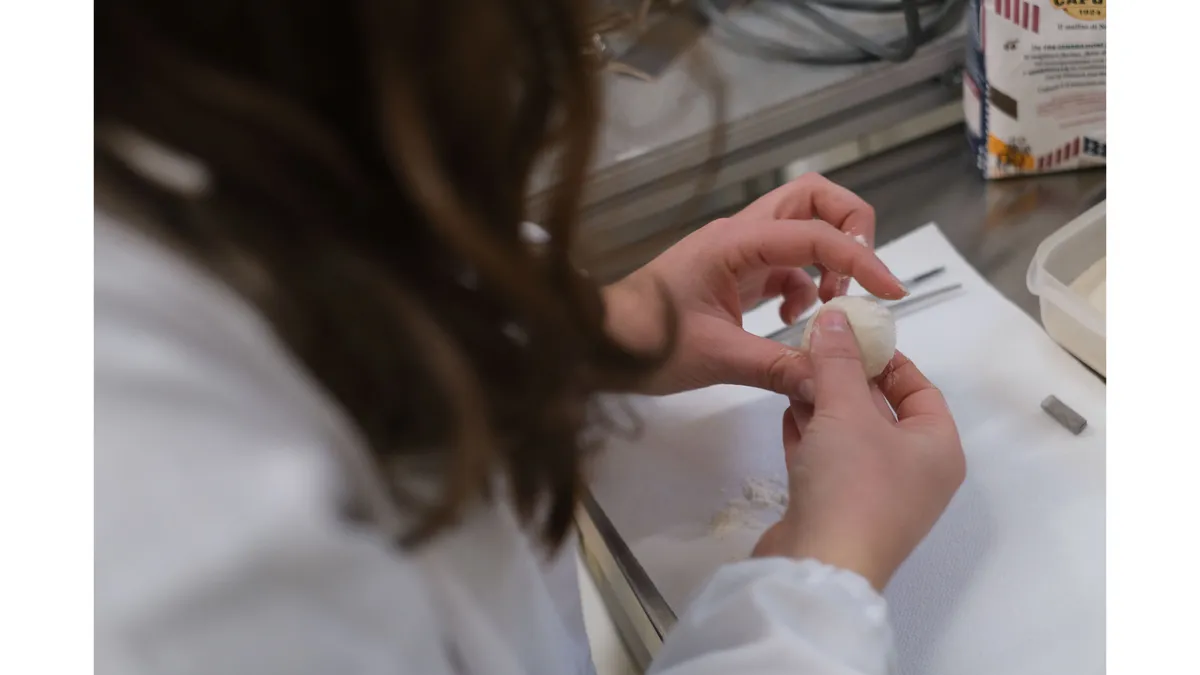Ask any pizza chef from New York to Naples what you need to make the perfect pizza dough and you’ll likely be met with the same answer: flour, water, salt and yeast.
It’s the yeast that causes the dough to rise and gives it its characteristic light, pillowy texture. But this means that those of us with yeast intolerances have to miss out on one of the most perfect foods ever created.
Well, things may be about to change. Researchers based at the University of Naples Federico II have developed a method to leaven pizza dough without the need for yeast.

They have designed a leavening process similar to that used to produce carbonation in fizzy drinks. This involves placing dough made from flour, water and salt into an autoclave – an industrial oven-like device that uses hot steam under pressure to kill harmful bacteria and viruses. Then raising the temperature and pressure inside and gradually releasing it as the dough cooks.
"The key to the process is to design the pressure release rate not to stress the dough, which likes to expand gently," said the study’s co-author Prof Ernesto Di Maio, who has a yeast allergy himself.
"This new technology can drive the development of new products, new dough formulations, and specific recipes for food intolerance, hopefully helping people enjoy healthy and tasty food.”
So far, the team have only used the technique to make mini pizzas but now plan to use a larger autoclave to make more substantial creations and one day hope to see their technique being used in restaurants.
"We had a lot of fun applying things we know well to delicious polymers, instead of our typical and sometimes boring smelly plastics," said co-author Prof Rossana Pasquino.
"The idea of approaching food samples with the same technologies and knowledge used for thermoplastic polymers was surprisingly successful!"
Read more about food science: